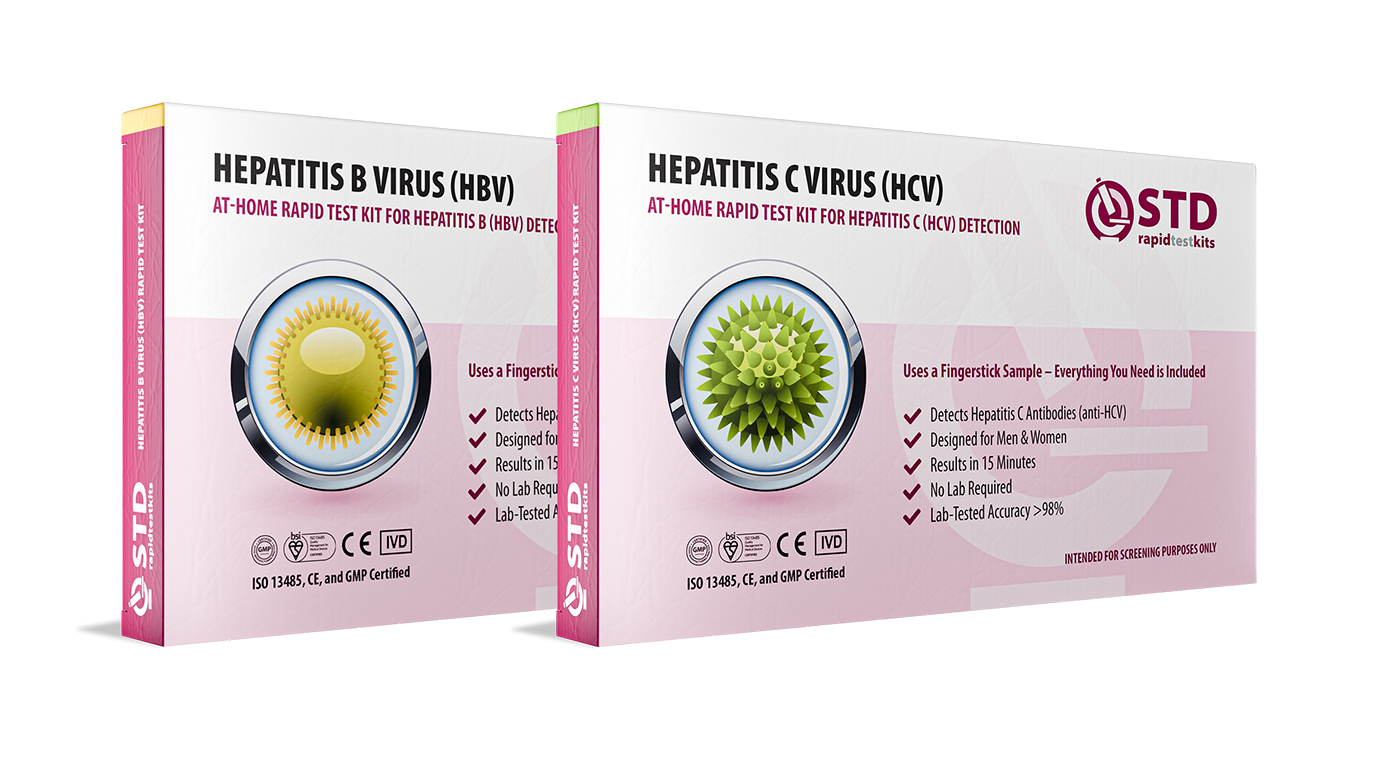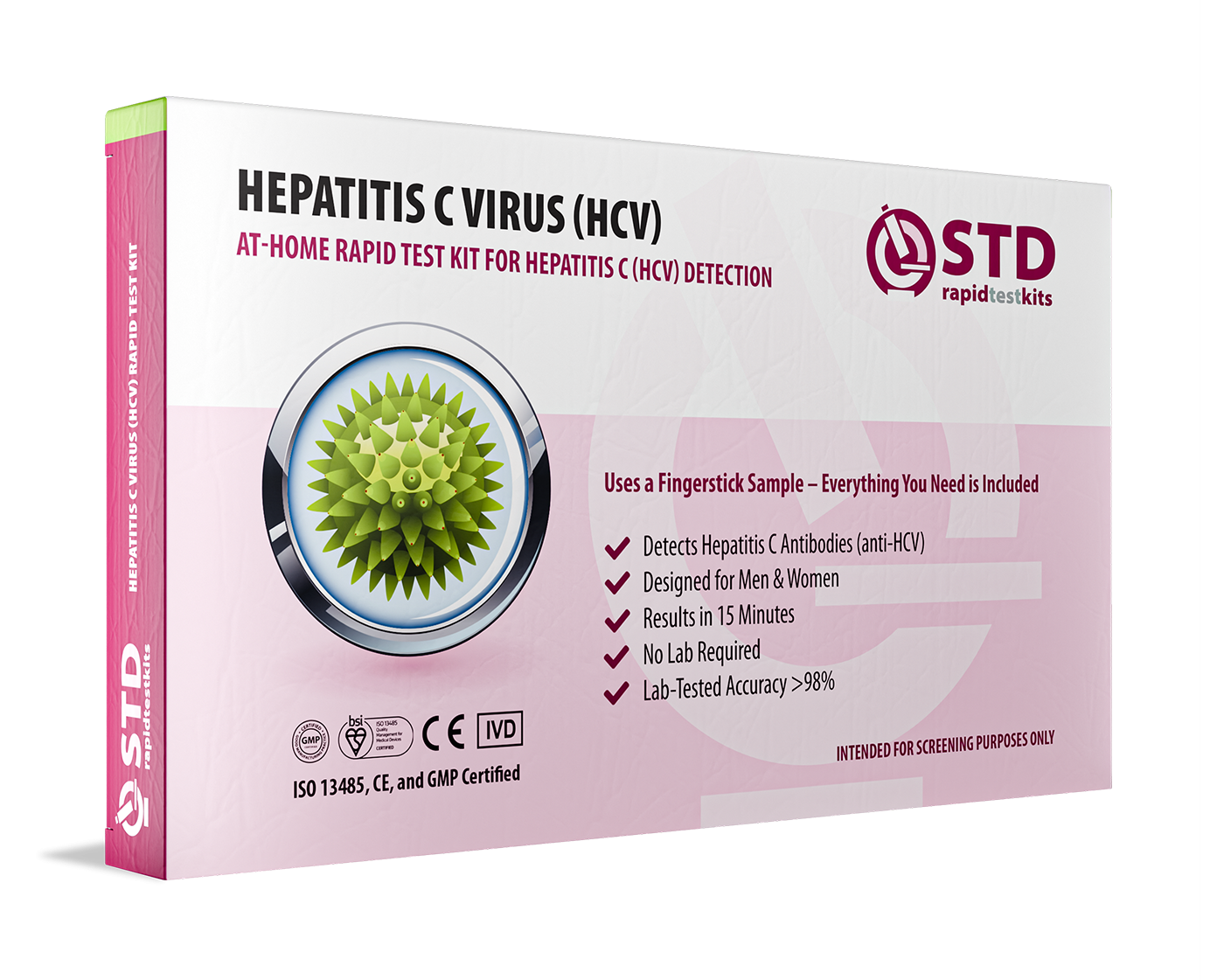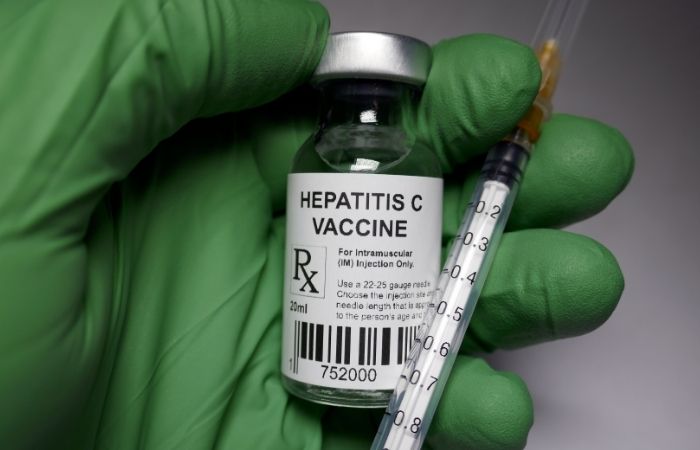Can Chlamydia Harm My Baby? What Every Pregnant Person Needs to Know
Synopsis of Hepatitis C and the Antenatal Period
Hepatitis C affects millions worldwide, and pregnant women are no exception. The main mode of transmission is infected blood; sharing needles, surgical procedures without proper sterilization, and, to a lesser extent, sexual contact are other common modes of transmission. Since the virus involves the health of both mother and unborn child, it is important that pregnant women be aware of it.
In pregnancy, hepatitis C is associated with the risk of vertical transmission-that is, the virus is transmitted from mother to baby during birthing. According to the World Health Organization, between 5% and 10% of cases include vertical transmission. Though this is highly unlikely, it again speaks to the importance of early diagnosis and treatment to ensure the protection of the mother and child.
Pregnant women with hepatitis C are less likely to carry their babies to full term and have a higher risk of low-birth-weight babies. Fortunately, many of these risks can be minimized due to advances in prenatal care and early diagnosis.

Important Benefits of Testing During Pregnancy
Detection and Treatment at an Early Stage
Testing for Hepatitis C during pregnancy thus enables the possibility of prompt treatments. While most HCV infections lead to serious health complications, early diagnosis by a doctor allows him or her to closely monitor liver and general health.
Minimizing the Chance of Transmission
Routine testing will also provide a better understanding of the risk a mother has of passing the virus to her unborn child. Though antiviral medicines have their restrictions during pregnancy, they reduce virus loads greatly and lessen the chances of vertical transmission.
Better Outcomes During Pregnancy
Appropriately managed, pregnant women with hepatitis C tend to fare better. A disorder characterized by high blood pressure, preeclampsia affects HCV-positive mothers more often than other pregnant women. This can be prevented with regular check-ups and a specific care plan.
Protecting Future Generations
Wisdom is a strong arm. Mothers can better protect their unborn children and future pregnancies when they know their status. Newborns can get a healthier start in life if hepatitis C is treated early, while it's controllable.
Order Now $49.00 $98.00 Check Your STD Status in Minutes
Test at Home with Remedium
Hepatitis B & Hepatitis C Test Kit




For all 2 tests
Challenges and Risks of Hepatitis C in Pregnancy
Limited Treatment Options
Not having access to licensed antiviral medicines while pregnant is a major obstacle for hepatitis C patients who are expecting a child. In spite of the fact that direct-acting antivirals (DAAs) have completely changed the game when it comes to treating HCV in the general public, there remains a lack of treatment choices due to concerns about their safety during pregnancy.
The Danger of Interconnected Transmission
Although it is rare, vertical transmission, nevertheless remains a great cause of concern. Invasive delivery practices, such as cesarean sections, high maternal virus load, and co-infections (like HIV) increase the risk.
Widespread Dose of Fear and Communication Gap within Societies
The social stigma associated with hepatitis C may prevent some women from getting tested or getting treatment. Delays in diagnosis due to fear of judgment pose risks to the mother and the baby.
Obstetrical and Postpartum Issues
Hepatitis C raises the risk for some complications, like excessive bleeding following delivery, for mothers. The need for additional precautions to prevent unintended exposure to the virus by providers and caregivers may also be an important consideration in postpartum care.

Helpful Hints and Solutions for Moms-to-Be
Prenatal Screening
Testing for hepatitis C should be included in routine prenatal care for pregnant women. If not offered, moms should advocate for it in order to protect themselves and their babies.
Educate and Empower Moms
Knowledge is power. The effects of Hepatitis C on pregnancy, the modes of transmission of the virus, and the measures pregnant women can observe to protect their unborn babies must be brought to the attention of pregnant women.
Seek Expert Opinion
The care of pregnant women diagnosed with Hepatitis C must involve hepatologists, obstetricians, and pediatricians being highly involved. This would ensure that complete care of the mother and infant is pursued under an interdisciplinary approach.
Pursue Opportunities for Care after Childbirth
Hepatitis C is treatable with antiviral medications, which moms may look into after baby. The success rate for DAAs is very high; most people are cured in just a few weeks.
Order Now $33.99 $49.00 Check Your STD Status in Minutes
Test at Home with Remedium
Hepatitis C Test Kit




Statistical Insights
- Global Hepatitis C and Pregnancy: About 71% of the global burden of the disease has chronic hepatitis C, and out of this, a significant amount is pregnant women.
- Vertical Transmission Rates: 5-10% of infants born to positive-testing mothers acquire the virus.
- Results from Testing: Prenatal screening should be a regular activity for every pregnancy plan in view of the fact that, when timely, it could reduce the vertical transmission rate by half.
- Results from Treatment: Hope for Moms Diagnosed During Pregnancy - DAA Administered Postpartum Cure Rates over 95%.
Expert Opinions and Case Scenarios
Hepatologist Expert, Dr. Emily Carter
“Hepatitis C in pregnancy is treatable. The key to success is early detection and coordination of care. Therapeutic advances have allowed moms to have good pregnancies and good outcomes.”
A Real-Life Case Study: The Story of Anna
At the second trimester, Anna, a 32-year-old pregnant woman was diagnosed with Hepatitis C. On the blessings of the benevolent doctors, Anna finally delivered a healthy baby girl. Later, Anna received antiviral medication and was ultimately cured from HCV infection. Anna's case has highlighted the importance of prenatal medical care and post-delivery treatment services.

Etiology of Hepatitis C in Pregnant Women
Specific effects of hepatitis C on pregnant women were not studied in great detail until several decades after the virus was identified in the 1980s. It was when improvements in diagnostic tools in the early 2000s made regular screening possible that the vertical transmission risks and rates started to become more clearly understood. Current knowledge on hepatitis C in pregnancy is based on ongoing research.
Future Trends in Managing Hepatitis C in Pregnancy
- Antiviral Drugs: Antiviral drugs specially studied in pregnant women are currently under development and thus promise a future of safer options to handle hepatitis C in pregnant women.
- Routine Screening: Decrease untreated cases through routine prenatal screening as the public becomes more aware of the concern.
- Contemporary Delivery Methods: Methods of delivery are being developed in order to reduce the risk of vertical transmission.
- Health Promotion Activities: Education and awareness programs should be increased to offset stigma and promote testing among pregnant women.

Implications for Pregnant Women
- Seek Early Testing: Ensure your Hepatitis C test is part of your prenatal care.
- Stay Connected with Your Healthcare Team: When your healthcare team knows your diagnosis, they can better plan a course of treatment for you and your baby.
- Questions to Ask When Breastfeeding: Although most mothers with Hepatitis C can safely breastfeed, it is necessary to exercise caution if the baby has a broken or bleeding nipple.
Order Now $129.00 $343.00 Check Your STD Status in Minutes
Test at Home with Remedium
7-in-1 STD Test Kit




For all 7 tests
FAQs
1.- Am I pregnant; will hepatitis C occur?
Yes, it can increase the chances of complications such as early labor and low birth weight.
2.- How might hepatitis C enter a developing baby's blood?
Only rarely-between 5 and 10 percent-does vertical transmission occur at the time of delivery.
3.- Is hepatitis C treatment safe to give to a pregnant woman?
Since only limited studies have been done about the safety of most antiviral drugs during pregnancy, their use is presently not recommended.
4.- Is it safe to breastfeed a child if the mother has hepatitis C?
It is not advisable to breastfeed when the nipples are bleeding or cracked.
5.- What should be done in case a pregnancy-related diagnosis of hepatitis C is made?
Seek an expert, follow recommendations about prenatal care, and explore treatment options after delivery.
6.- Hepatitis C and Pregnancy: Do the Symptoms Appear?
While other women do not show any signs at all, symptoms include lethargy, yellowness of the skin, and stomach aches.
7.- Does Hepatitis C Affect Fertility?
While the virus hepatitis C itself may not affect fertility, the other complications may.
8.- When giving birth, what's the safest option for moms who have had hepatitis C?
Unless other problems arise, a vaginal delivery is usually safe.
9.- Is it necessary to test my infant for hepatitis C?
It is recommended to test infants born to moms who test positive for HCV after 18 months of age.
10.- Is there a cure for hepatitis C after pregnancy?
Antiviral medicines provided after delivery often result in a complete healing from an infection.
Take Charge of Your Health
Finding out during pregnancy that you have hepatitis C might be frightening but it gives you an open door and a chance to make you and your future baby health a priority. Testing for hepatitis C is now available. An at-home STD testing kit is a discreet and convenient way to find out your status. Go to the doctor right away when you receive a positive test result so you can discuss options. The sooner you act, you and your unborn child will have a safer pregnancy and delivery.
Sources
1.- Hepatitis C: Impact on Pregnancy and Baby
3.- Mother-to-Child Transmission of Hepatitis C
4.- Hepatitis C and Pregnancy: Healthline










